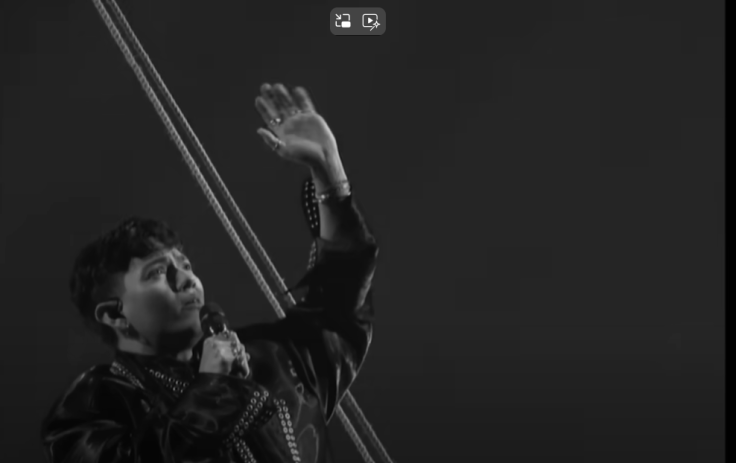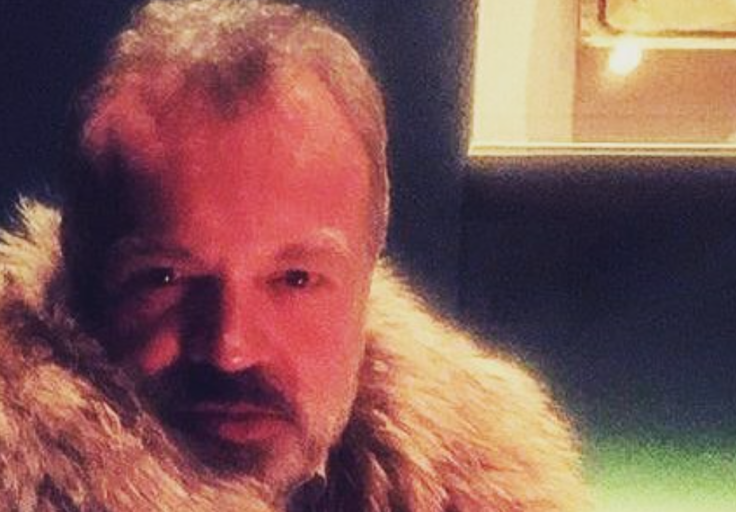Eurovision Song Contest Controversy: Fake Applause, Graham Norton's Comments and What You Need to Know

The 69th Eurovision Song Contest, held on 17 May 2025 in Basel, Switzerland, ended with Austria's JJ triumphing with his dramatic operatic-techno track Wasted Love. The 24-year-old Austrian-Filipino countertenor gave Austria its first Eurovision win in over a decade, narrowly beating Israel's Yuval Raphael, who took second place with his emotionally charged ballad New Day Will Rise.
But what should have been a jubilant celebration for the performers and their fans quickly turned contentious. The broadcast was soon marred by accusations of artificial applause, with viewers alleging that boos directed at Israel's entry had been deliberately masked during the televised performance. The controversy deepened when BBC commentator Graham Norton acknowledged the 'mixed response' from the live crowd, prompting a heated debate about censorship, politics, and transparency in one of the world's most-watched live television events.
Claims of 'Fake Cheers' Shake Eurovision's Foundations
The allegations first surfaced on social media and were swiftly picked up by UK media outlets including The Mirror and GB News. Many viewers claimed that booing heard in the live arena was suspiciously absent from the BBC's broadcast feed. Instead, pre-recorded crowd noises, including enthusiastic applause and cheers, appeared to have been layered over the footage. The move has been interpreted by critics as a tactical cover-up to protect Israel from a politically motivated backlash amid ongoing Middle East tensions.
The European Broadcasting Union (EBU) responded swiftly, stating that they 'reserve the right to make editorial decisions to ensure the safety and neutrality of the show.' According to the EBU, such actions are sometimes necessary to 'preserve the integrity of the broadcast and to uphold Eurovision's non-political nature.' However, this defence did little to silence the backlash. Many fans and even former contestants have voiced concerns that sanitising live audience reactions is itself a political act — undermining the very values of freedom and authenticity that Eurovision purports to celebrate.
Graham Norton's 'Mixed Reaction' Comment Sparks Debate
Further fanning the flames was veteran BBC Eurovision commentator Graham Norton, who, during the UK broadcast, remarked on the 'mixed reaction' from the crowd during Israel's performance. The seemingly innocuous comment was viewed by some as refreshingly honest, a rare acknowledgment that the contest doesn't exist in a vacuum, while others accused Norton of injecting politics into an already fraught situation.
The BBC has since stood by Norton's commentary, stating that 'Graham reflects live observations in real time, and his remarks are consistent with the footage and audio from the venue.' Still, the incident has reignited debates around the role of national broadcasters in managing controversial moments and how much transparency is too much in a show that has long positioned itself as light-hearted, inclusive entertainment.

A Contest Caught Between Art and Geopolitics
At its core, Eurovision is meant to be an apolitical celebration of music, diversity, and unity across Europe and beyond. But that ideal has increasingly clashed with geopolitical realities. From the exclusion of Russia in recent years to repeated protests over certain entrants, Eurovision finds itself navigating increasingly complex territory.
This year's backlash highlights how even seemingly technical production choices — like crowd audio mixing — carry political weight. It also puts pressure on the EBU to review its policies, particularly around editorial transparency, to avoid further erosion of public trust. According to The Sun, several past participants have called for an independent review into how crowd noise and commentary are handled during politically sensitive performances.
What's Next for Eurovision?
Despite the drama, Austria's JJ remains the contest's shining star, with Wasted Love already climbing international charts. Meanwhile, Eurovision organisers face growing calls for reform, particularly around how political sensitivities are managed on a public stage watched by millions.
As the EBU begins its post-contest review, fans are asking a critical question: Can Eurovision stay true to its apolitical mission in a world that's anything but? The answers may shape not only next year's contest but the very identity of Eurovision in the years to come.
© Copyright IBTimes 2025. All rights reserved.





















